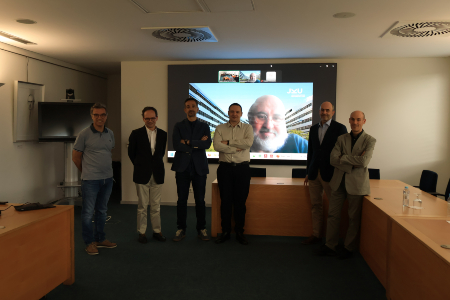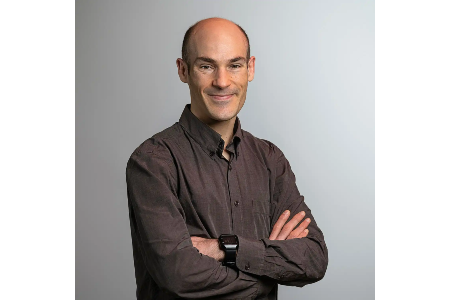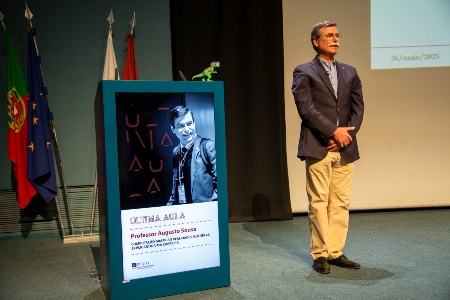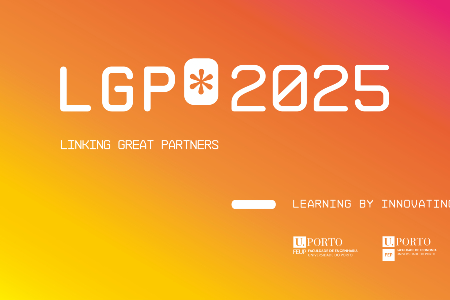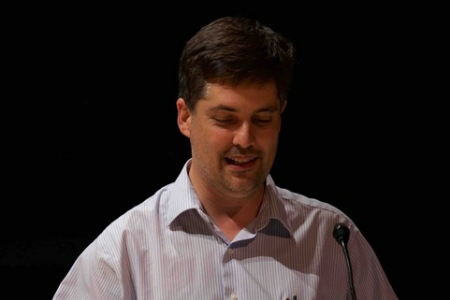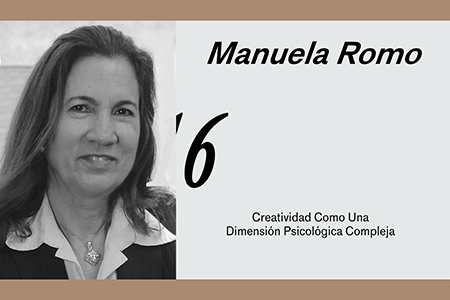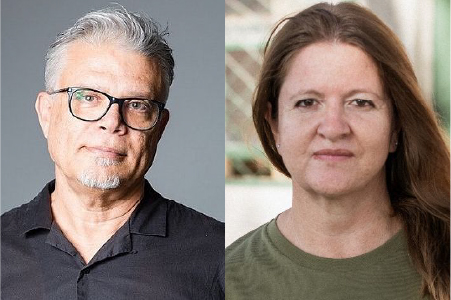Candidate:
Eliseu Moura Pereira
Date, Time and Location:
17th of June 2025, 10:00, Sala de Atos, Faculdade de Engenharia da Universidade do Porto
President of the Jury:
Carlos Miguel Ferraz Baquero-Moreno, Full Professor, Department of Informatics Engineering, Faculdade de Engenharia da Universidade do Porto.
Members:
Pedro Nicolau Faria da Fonseca (PhD), Assistant Professor, Department of Electronics, Telecommunications and Computer Science, Universidade de Aveiro;
Paulo Jorge Pinto Leitão (PhD), Principal Coordinating Professor, Department of Electrical Engineering, Instituto Politécnico de Bragança;
André Monteiro de Oliveira Restivo (PhD), Associate Professor, Department of Informatics Engineering, Faculdade de Engenharia da Universidade do Porto;
Gil Manuel Magalhães de Andrade Gonçalves (PhD), Associate Professor with Habilitation, Department of Informatics Engineering, Faculdade de Engenharia da Universidade do Porto (Supervisor).
The thesis was co-supervised by João Pedro Correia dos Reis (PhD), Assistant Researcher, Department of Electrical and Computer Engineering, Faculdade de Engenharia da Universidade do Porto.
Abstract:
Cyber-Physical Production Systems (CPPSs) integrate computation, communication, and control technologies, delivering the flexibility needed for dynamic shop floor reconfiguration and efficient manufacturing. A factory with higher shop floor flexibility has the advantage of higher product customization or changeover, when compared to traditional industries. They manifest this advantage mainly when the industry introduces a new product or because the shop floor produces highly variable products needing constant reconfiguration. Several manufacturers adopt such production philosophy, like in the automotive industry, where a high variability of car models and specifications requires different setups/configurations of the shop floor to manufacture them. In sequential production lines, like car assembly lines, reconfigurable CPPSs play an essential role because processing one product can affect the entire production performance, requiring a shop floor reconfiguration to optimize their execution. A significant challenge in CPPSs arises when reacting to changing conditions, such as new products or requirements, reconfiguration is needed. Current systems rely on manual intervention, leading to significant delays, especially in large industries where reprogramming hundreds of machines can take days or weeks. This thesis addresses this issue by proposing a platform that automatically optimizes software assignment to resources, speeding up development, deployment, and reconfiguration, enabling CPPSs to adapt to external disturbances quickly.
With the purpose of accelerating the development, reconfiguration, and execution of software in CPPSs, this thesis aims to optimize Function Blocks (FBs) assignment to the devices existent in an IEC 61499-based Cyber-Physical System (CPS), reducing the total execution time (reconfiguration time plus FB pipeline execution time). With this main goal, the thesis resulted in the development of 3 tools: 1) the Dynamic Intelligent Architecture for Software and Modular Reconfiguration (DINASORE), that enables the development, execution and manual reconfiguration of IEC 61499-based CPSs, 2) the Task Resources Estimator and Allocation Optimizer (TREAO), that simulates and optimizes the tasks/FBs assignment to the CPS machines, recommending suitable software layouts for the CPS characteristics, and 3) the Task Assignment Optimization and Synchronization Engine (T-Sync), which integrates the previous two tools in a solution and optimizes in run-time the FBs assignment to the devices existent in an IEC 61499-based CPS.
Integrating these tools in T-Sync resulted in a differentiating solution because it 1) allows online FB assignment to optimize the CPS execution continuously and 2) improves the transparency and interoperability between FBs across IEC 61499-based devices. With this solution, the performance (total execution time) running FBs in reconfigurable CPSs improved by 30% in a simulated environment and 61% in a CPS. In addition to T-Sync improving total execution time, DINASORE enhances reconfiguration efficiency and flexibility, while TREAO streamlines CPS development by optimizing task and FB assignments to available resources. Besides the mentioned ones, during this thesis, other algorithms were implemented and tested for task assignment optimization, and other tools were developed to increase the interoperability and portability in CPSs. The future work envisions the automatic generation of FB pipelines from structured requirements, with formal specifications like UML diagrams, consequently integrating TREAO, manufacturing process simulators, and T-Sync to iteratively validate, optimize, simulate factory layouts, and deploy CPS software with enhanced flexibility and adaptability.
Keywords: Cyber-Physical Production Systems; IEC 61499; Machine Learning; Task Assignment.

